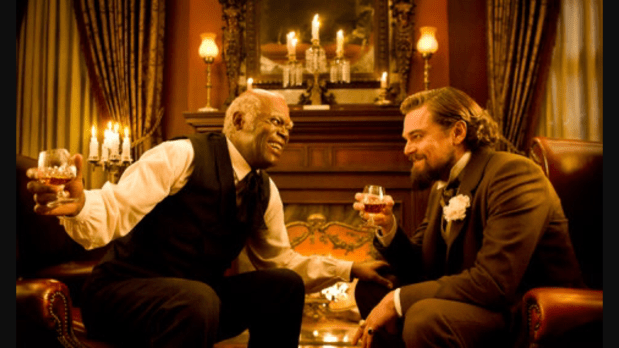I’m going to slowly convince you why you should not become a doctor over a series of posts.
Why?
Because I became a doctor thinking that after five years of medical school I would be on a great salary, have some status and respect, have a secure job, girls would find me really attractive and I would live happily ever after.
How wrong I was.
At the time I didn’t know what being a doctor would really be like. Had I known, then maybe I wouldn’t have made the decision to go to medical school.
I want to give you the realities of medicine so that you can make your own decision with all the information available to you.
1) Becoming a doctor does NOT mean you will be rich.
Don’t get me wrong. If you are a doctor, you will not be poor.
You will certainly get your £50,000. As you go up the NHS ladder, you will get up to around £70,000 or so as a GP or consultant and then after many years if you go private it can go up to £100,000 plus.
I thought this was a good deal before I started. Now I realise I should have listened to a doctor I met at a “want to be a doctor” rip off conference I went to when I was in school, who said “There are far more easier ways to make money than being a doctor”.
How right she was.
- To get your £50,000, you will have to do 5 years of gruelling medical school, incurring the student debt of around £45,000 minimum that this costs. Most university degrees are 3 years, so you will be already £18,000 pounds in debt compared to them and have two years less income to show for it by the time you finish. To compare, if you didn’t bother going to university, you would save five years (£45000 plus 5 years loss of income) and could work up a ladder somewhere and get to the same amount quite quickly- I know a lot of people who did just that and are much better off than I am now.
- You only get 50,000 pounds because you work insane hours. Your actual starting salary as a doctor is £22,862 (here’s the proof)- this is the income for a newly qualified doctor (I didn’t believe it neither). After five years of working as a doctor, it will rise to £34,756. That’s it. The only reason your take home will be more (1.5 times £22,862 or £34,756) is because on top of your normal 9-5 job you will be compulsorily forced to work weekends, evenings and nights. So, in ten years time when your best friend from school invites you for some drinks in London after he finishes work at a bank on a weekday, chances are you will be at work. When your friends want to book a weekend city break, chances are you will be at work. When your best friend wants to get married and you are asked to be the best man (this actually happened to me), chances are you will be at work. In fact, just assume you will be at work all the time. But you will get your £50,000 so congratulations.
- To get your £70,000, you will have to work a minimum of another 5-6 years up another ladder after you finish 5 years of medical school. You will be right at the bottom of the ladder, meaning you will be doing all the dog work. This means weekends and nights and evenings for another five years as a minimum- a lot of doctors can’t progress to consultant level and so remain on a salary of £50,000-£70,000, doing nights, evenings and weekends for life. This means you will be doing exams till you hit your thirties (which you will have to pay for)- the same age when you will be jealous of your friends who get to spend time with their children who are growing up so fast whilst you study. You will be called a “trainee” at the age of 28, whilst your peers in other professions will be “managers” up some corporate ladder. By this time you will probably have moved house repeatedly due to having to change job location every six months. I’ve moved home three times in the last 5 years. At this point, you will still find it difficult to buy a home because you don’t know where you will be working as a consultant. So congratulations, I hope your enjoyed your twenties, but don’t worry, because you will get your £70,000.
- In your thirties, you will be a consultant if all went perfectly as you worked your way up to the ladder. By now, you will be on your £70,000. You will also be literally responsible for people’s lives- the buck completely stops with you. You will still do your compulsory weekends, evenings and nights but that will only be a part of it. The more difficult part will be that you take your work home more than you ever did before. You will worry about your patients at night. You will pick up the phone from work at any time because you know it’s people’s lives at stake. You will fear some-one falling ill, not just because you will feel like a terrible doctor, but also because you can potentially lose your livelihood, be sued and even face criminal charges for making just one mistake at the workplace. You may buckle under the pressure but not be willing to give up as you sacrificed your whole life to get to this position. You may go on to sacrifice your own physical and mental health and your relationships with your children and family, for the sake of your career as a consultant. Congratulations, you earnt your £70,000.
So, to summarise, you will get your £50,000 – £70,000 but you will earn every penny of it with sweat and sacrifice. If you want to be a doctor for the money, believe me, you can earn far more for far less work doing something else.
Oh and by the way, in the current political climate, things are about to get worse.

